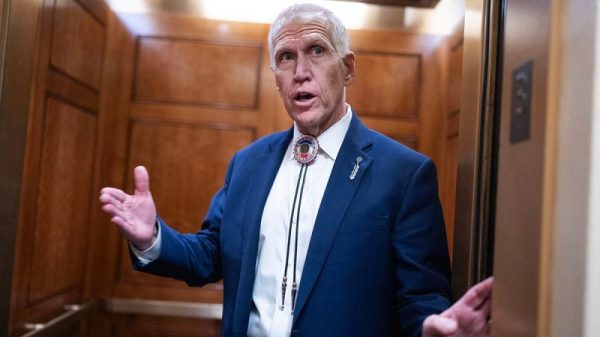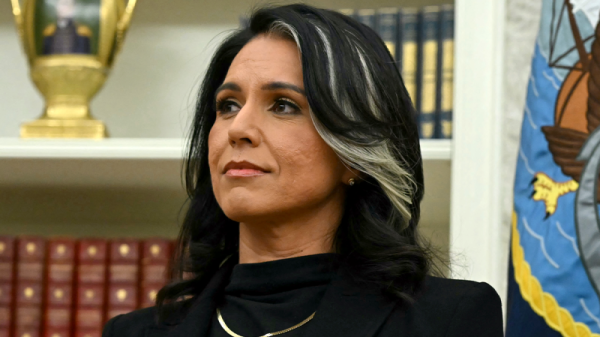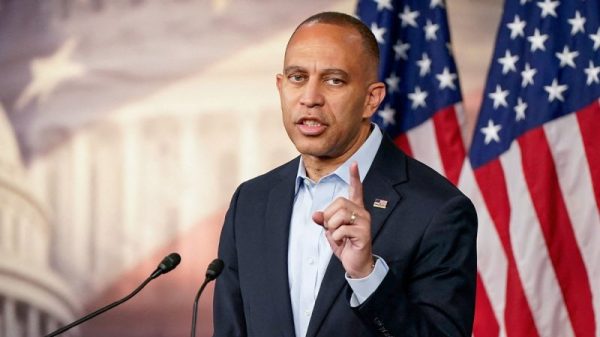The terms “Oil Embargo” and “Energy Crisis” have been embedded in the nation’s history for a half-century. But that crisis was the result of government intervention, not market failure. Specifically, the age-old sin of government price controls was forgotten and repeated in the context of international events that occurred after a massive intervention, not before. The gasoline lines of 1974 and 1979, in fact, repeated motorists’ experiences during the world wars from similar interventions.
The saga began in August 1971, when President Nixon imposed maximum wage and price controls on the US economy. Phase I (for 90 days) quickly turned into five successive phases for 33 months, which caused predictable shortages and quality declines in the face of inescapable market forces.
Petroleum shortages at the wholesale level (between refiners and retailers) and at the retail level (between service stations and motorists) became evident in late 1972/early 1973. Henry Hazlitt wrote in the New York Times that Nixon had “a tiger by the tail.” Legislation to regulate oil prices and allocation was moving through Congress too. Foreign oil and the Organization of Petroleum Exporting Countries (OPEC) was an afterthought.
The Embargo
In October 1973, OPEC announced a 5 percent production cut and an oil embargo against the United States. Lines sprang up at service stations in major cities, with panicked drivers, even those with half-full tanks, waiting sometimes for hours to fill up. Price ceilings intended to protect consumers did not accomplish their task.
The month after the embargo, price controls for crude oil and oil products were codified in the Emergency Petroleum Allocation Act of 1973, preventing the higher prices that would have stopped panic buying. This counterfactual was well recognized by free-market economists. But a different story, harking back to late nineteenth century angst against Big Oil, emerged. Catch words? Profiteering … the danger of foreign oil…. the need for a comprehensive energy policy.
From Nixon’s Project Independence through President Carter’s National Energy Plan, Presidents proposed more government to address the problems of prior government. Enacted intervention spiraled from price controls to allocation controls to “gapism”—entirely new programs to increase supply and quell demand. Under the new US Department of Energy (est. 1977) rested the Strategic Petroleum Reserve, the Synthetic Fuels Program, and new energy directives for the national energy laboratories.
Running-out-of-resources Malthusianism was given life. Hanot Paul Ehrlich hinted several years before the crisis that a federal bureaucracy was needed to ration “finite” petroleum? Peak Oil and Peak Natural Gas meant a new energy reality where the “soft energy path” of conservation and renewable energies had to replace oil, natural gas, coal, and nuclear.
The saga ended with President Reagan’s decontrol order in early 1981. Oil prices headed down, and the new crisis was for oil and gas producers, not consumers. The 1980s saw us turning away from notions of Peak Oil and Peak Natural Gas. But what happened then should have happened years earlier in 1974/75.
The Narrative Today
Muddled interpretation remains. The entry for Oil Embargo, 1973-74 at the US State Department’s Office of the Historian web site pins the oil crisis on “a complex set of factors beyond the proximate actions taken by the Arab members of OPEC.” Scarcely mentioned is the primary cause of the US crisis: Nixon’s pre-existing price and allocation controls, which itself was tied to another government intervention, monetary inflation.
Princeton historian Meg Jacobs treats the oil crisis as given rather than a policy artifact. “The crisis began” with OPEC’s announcement. The “perfect storm” was compounded by a lack of “an effective national energy policy” for “the problem of energy dependence.” The US was its own worst enemy, with six percent of the world population consuming one-third of its energy.
A vast classical liberal literature has since documented the intersection of price and allocation controls and America’s energy crisis, from Joseph Kalt’s The Economics and Politics of Oil Price Regulation to Peter Grossman’s US Energy Policy and the Pursuit of Failure.
What was obvious then should be more obvious today: Energy crises are governmental. Market challenges and solutions are entirely different from full-blown emergencies. “Just as the term embargo misled us, so has the term crisis,” Wrote Thomas Lee, Ben Ball, and Richard Tabors in Energy Aftermath: How We Can Learn from the Blunders of the Past to Create a Hopeful Energy Future. They continued, “In common parlance, a crisis is a relatively short-term phenomenon from which one either dies or recovers. We now know that the energy phenomenon does not fit this description.”
Their subtle point: Energy crises are not inherent to the natural workings of markets. They are governmental and thus preventable. Embargo and energy crisis would be far less known to history today had the free market been in place in the early 1970s. This is a lesson for today and tomorrow.





































